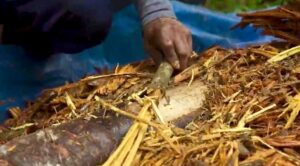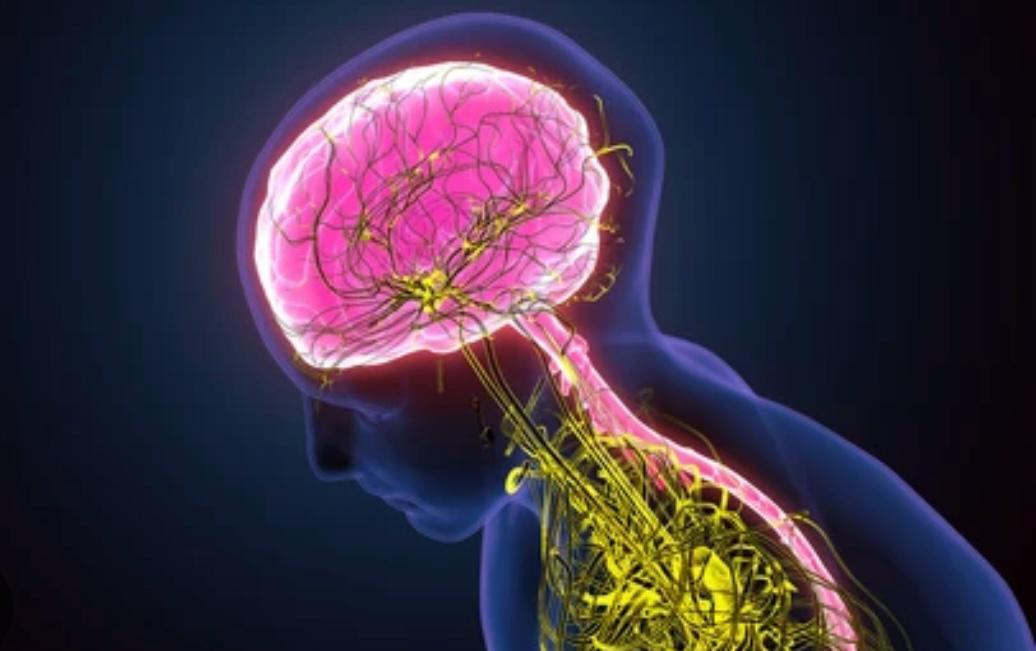Deep within the Peruvian Amazon rainforest, a place where biodiversity thrives in life and color, an ancestral brew has captured the curiosity of people worldwide: ayahuasca. This psychoactive tea, traditionally used by indigenous shamans for healing and spiritual purposes, is concocted from the ayahuasca vine (Banisteriopsis caapi) combined with leaves from a bush called chacruna (Psychotria viridis). While its traditional use has been for spiritual and physical healing, its potential as an alternative therapy for neurological conditions, including autism, is now being explored.

*The Connection Between Ayahuasca and Autism*
Autism is a developmental neurological disorder that impacts communication and behavior. Although there is no cure for autism, conventional therapies aim to improve social, communicative, and cognitive abilities. Yet, some individuals turn to alternative treatments outside of traditional medicine, which is where ayahuasca presents an interesting possibility.
*Iquitos: A Center for Ayahuasca Therapy*
Iquitos, a city nestled in the Peruvian Amazon’s heart, has become a leading destination for those seeking experiences with ayahuasca. With direct access to the jungle and a rich indigenous heritage, Iquitos has given rise to numerous ayahuasca retreats that offer a profound immersion into traditional healing practices.
*Therapy with Medicinal Plants: Ayahuasca Within a Larger System*
Ayahuasca is just one of many medicinal plants utilized in the Amazon; it is a component of a broader system of natural therapies long employed by local healers. Plants such as cat’s claw, dragon’s blood, and others are renowned for their healing properties and are often combined to address a diverse range of health issues.
*Enhanced Concentration and Mental Clarity Through Ayahuasca*
One of the most striking attributes of ayahuasca is its purported ability to induce altered states of consciousness, which some users claim can lead to enhanced mental clarity and focus. Personal accounts from those who have taken part in ayahuasca ceremonies frequently describe experiences of “awakening” or an increased insight into their cognitive processes.
*Healing and Autism: Can Ayahuasca Offer Answers?*
In the vibrant heart of the Peruvian Amazon rainforest, where mystery and nature intertwine, a substance has seized the imaginations of both spiritual seekers and scientists: ayahuasca. This psychoactive brew, used for centuries by indigenous people for healing and spiritual connection, consists of the ayahuasca vine (Banisteriopsis caapi) and leaves from the chacruna bush (Psychotria viridis). These ingredients facilitate entry into altered states of consciousness. As alternative therapies for autism gain interest, a critical question emerges: Can ayahuasca provide a healing pathway?
*The Influence of Ayahuasca on the Brain*
Ayahuasca is recognized for inducing intense psychedelic episodes characterized by deep introspection and emotional experiences. Scientific studies have noted that ayahuasca affects serotonin, a neurotransmitter integral to mood regulation, and may prompt the release of endorphins, potentially heightening a sense of well-being. Theoretically, the neurochemical impact of ayahuasca might benefit individuals on the autism spectrum, especially those grappling with significant anxiety or challenges in managing emotions.
*What Does the Scientific Evidence Tell Us?*
The intersection of ayahuasca and autism is an area with limited research. Investigations have mainly concentrated on ayahuasca’s effectiveness in treating psychiatric conditions such as depression, anxiety, and addiction, yielding some encouraging findings. Yet, research has not extensively addressed the autism spectrum, and the current evidence relies heavily on anecdotal and individual accounts.
*Peru’s Medicinal Plant Retreat Centers*
Peru has become a sought-after destination for those eager to experience ayahuasca, with an array of retreat centers offering shaman-led ceremonies. These retreats administer ayahuasca and often integrate other medicinal plants and traditional healing practices. It is vital that these establishments operate ethically and responsibly, ensuring a safe setting and sufficient support for participants seeking ayahuasca for therapeutic purposes.
*Ethical and Safety Considerations*
Ayahuasca is not suitable for everyone. Those with specific health issues, particularly concerning the cardiovascular system or severe psychiatric disorders, may face risks from consuming the brew. Furthermore, ayahuasca’s interaction with certain medications can be hazardous. Hence, individuals interested in ayahuasca should first consult health professionals and meticulously choose a retreat center committed to their well-being.
*The Prospects of Ayahuasca in Autism Treatment*
As scientific knowledge expands and our comprehension of the human brain deepens, we might uncover more about ayahuasca’s therapeutic potential for conditions like autism. Nevertheless, it is critical that our eagerness for new possibilities does not outpace the necessity for stringent research and ethical scrutiny. Ayahuasca, with its profound history and intricacy, not only prompts us to investigate its therapeutic applications but also to honor its cultural and ecological significance in the Peruvian Amazon.
In conclusion, ayahuasca stands as a captivating new frontier in alternative therapy for autism. While scientific proof is presently scant, the prospect of advancing our understanding of how brain chemistry can harmonize the human body’s systems remains an ongoing endeavor, far from being dismissed as mere fantasy.
Ayahuasca Iquitos
Ayahuasca Peru
Best Ayahuasca Retreat Peru
Flower of life Ayahuasca healing center
Shamanic course in Peru
If you feel called, join us for a transformational Medicinal Plants Retreat Program at Flower of Life Ayahuasca Healing Center in Peru.
We will be delighted to have you in a safe and nurturing environment in the Amazonian Rainforest in Peru.
www.floweroflifeperu.com

